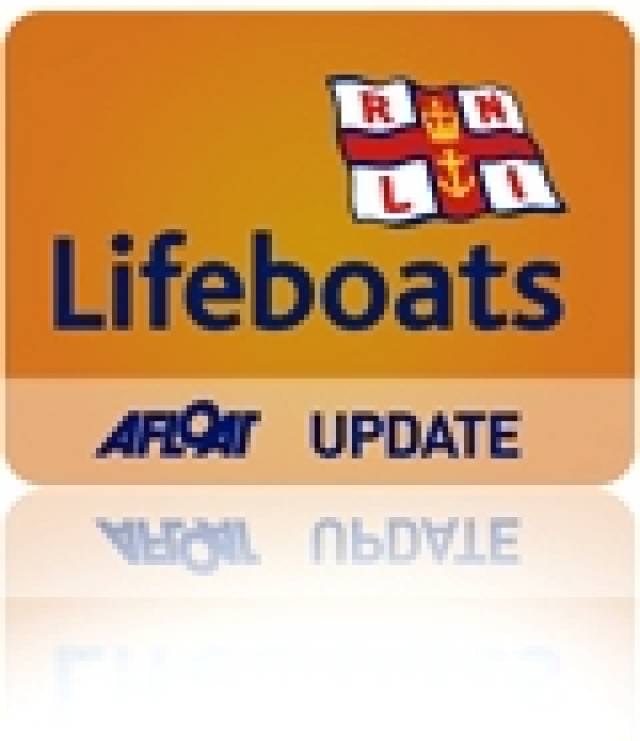#RNLI - Nearly 1,000 people from all over Leinster and beyond took part in the annual RNLI Reindeer Run at Marlay Park on Sunday 1 December.
It was a sea of festive red as entrants in the 5K, 10K and Santa Saunter got into the Christmas spirit by wearing a novelty pair of antlers and a special Reindeer Run T-shirt.
Supporting the runners and walkers around the course this year were lifeboat crew from Dublin’s three stations in Howth, Skerries and Dun Laoghaire. From the latter, Damien Payne was joined by colleague Paul Cummins took an extra step by running the 5K in their full RNLI crew kit.
Also mooing the runners was 98FM’s Teena Gates, who led the warm-up sessions with Rookie the Reindeer. Gates also took part in the short Santa Saunter organised for the event’s younger participants before running in the 5K.
As for the winners? It was Longford man Stephen Farrell who was first around the 10K course while Alison Davidson from Dublin took the honours for the ladies. Nicolae Buceanu won the 5K men’s event while Emer Dillon from Arklow was the first of the women to the finish line.
Speaking after the successful day, RNLI community fundraising manager for Leinster Pauline McGann said: "We were thrilled with how the event went and that so many people turned out to support the RNLI. The atmosphere was great, with children and adults all getting into the Christmas spirit and enjoying the different events.
"It was a great way to kick off the festive season while raising vital funds and we would like to thank everyone who took part."
The Marlay Park Reindeer Run was sponsored by Green Property, Haines Fleet and SuperValu Malahide.































































